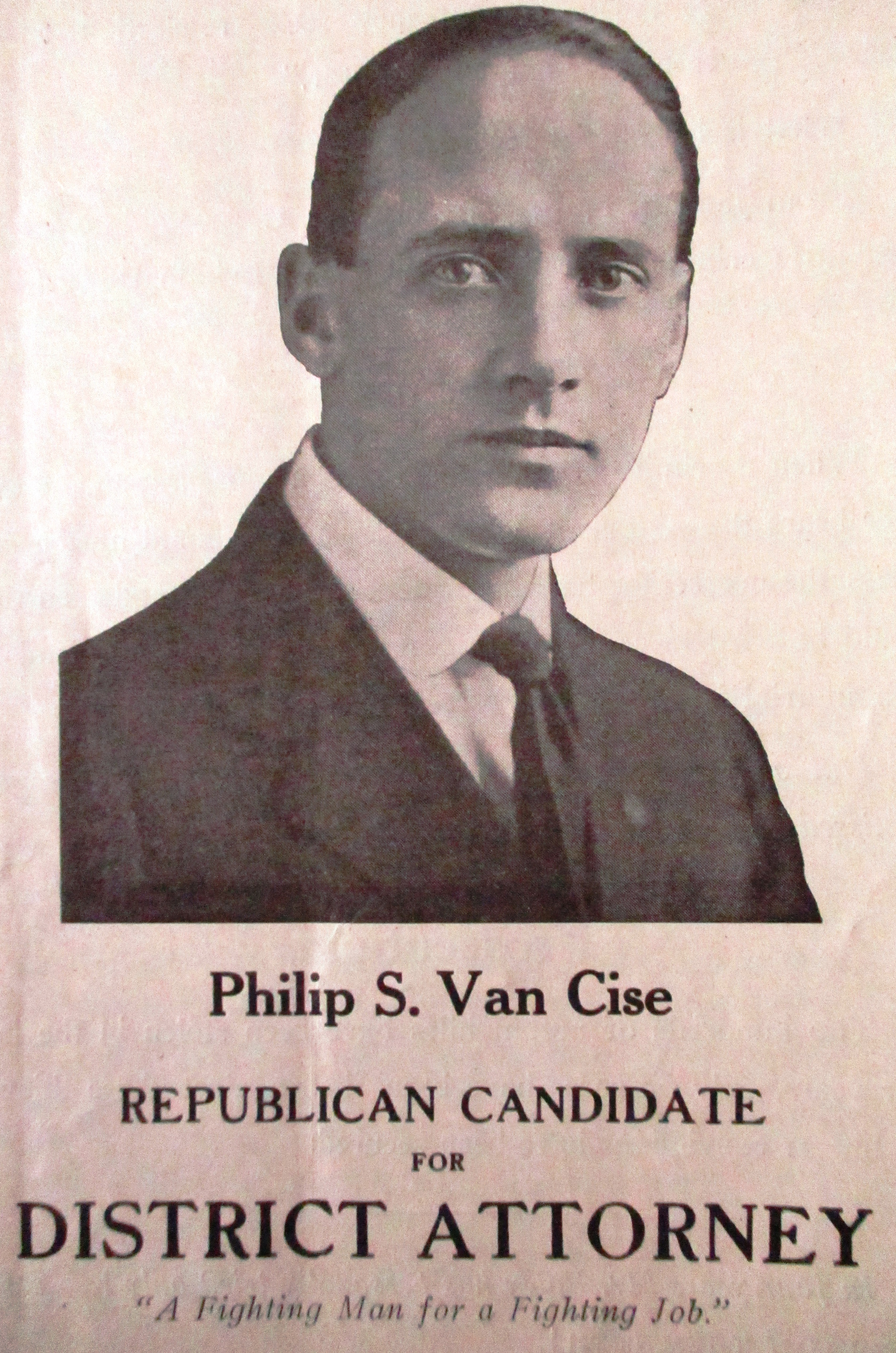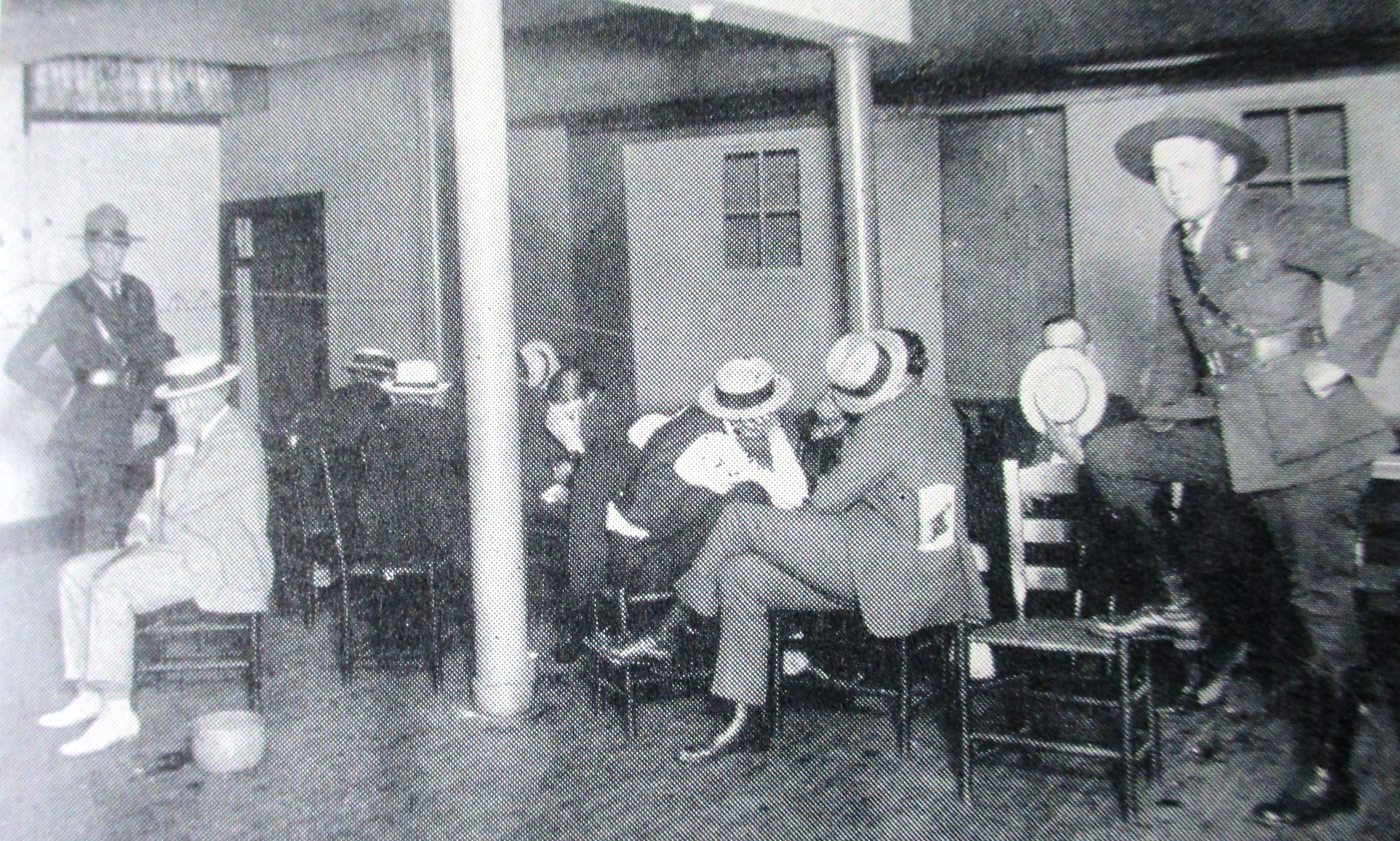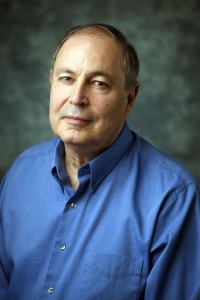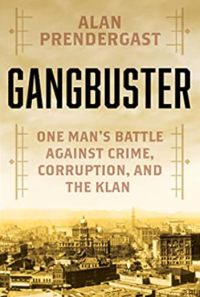Gangbuster: A Reading Group Guide

If you are delving into GANGBUSTER as a member of a book discussion group or a class, I hope you are finding it as rewarding as a group reading experience as it was to write. The folks at Kensington urged me to help them put together a Reading Group Guide, and what follows are a few suggestions that might aid discussion. Of course, additional suggestions or questions are always welcome -- you can contact me via this website, and I will try to update the guide with your feedback.
Here are my top ten conversation starters:
1. Philip Van Cise singlehandedly took on a corrupt city administration, judiciary, and police force, risking his own social standing, political career and even his life in the process. What contemporary crusaders or other historic examples come to mind as comparisons?
2. The Ku Klux Klan of the 1920s was quite different from its previous or subsequent incarnations. It was a mainstream political movement, with sophisticated marketing/messaging and membership in the millions. How is this Klan different from what you expected, and how does it compare to what we know about current extremist groups?
3. In GANGBUSTER, major media outlets are politically compromised, and smaller press outlets work diligently on exposés of corruption while protecting their sources. How does this portrait align with the way you regard the power of the press (and its credibility) today?
4. Denver is a character in the book, quite different from the tour guide version of “The Paris of the West.” Instead, it’s a city notoriously rife with gamblers and gangsters and a tradition of graft. What does this portrayal say about the idea of The Wild West and the people who came to tame it?
5. GANGBUSTER also deals with the dawn of the age of electronic surveillance; listening devices allow Van Cise to eavesdrop on Blonger (no warrant required) and advance his investigation of the confidence racket. Did this aspect of Van Cise’s war on crime seem justified to you, or did it seem to be a dangerous precedent?
6. The chapter “Tonight We See the Mob” details Van Cise’s attempts to expose Klan lies at a public meeting, using a kind of Power Point presentation of internal Klan documents and other evidence. But his plan backfires. What does this scene imply about the possibility of fighting extremism with logic and facts?
7. Infighting and partisan politics greatly hamper the opposition’s efforts to keep the Klan from taking over state government. For example, one Republican candidate refuses to publicly denounce his Klan rival for fear of aiding the Democrats. Discuss how this compares with our polarized politics of today and what can be done about it.
8. The Klan’s rapid rise to power in 1924-25 was followed by its even more rapid collapse. Various explanations have been offered for this turnabout, having to do with internal power struggles, voter disillusionment, public scandals, and the fall from grace of charismatic figures, such as Colorado’s Grand Dragon, John Galen Locke. What impressed you as the most significant factors involved in the Klan’s collapse?

9. When the Big Con operators were prosecuted for their crimes, their attorneys argued that Denver’s fake stock exchange wasn’t much riskier than the real thing. Perhaps investors today are less gullible than they were a hundred years ago, but after Madoff and Enron and other infamous financial scams, perhaps not. Do you think a long-con enterprise similar to the Payoff would be successful in twenty-first-century America? Why or why not?
10. Some historians have been critical of Van Cise’s response to the Klan menace, suggesting he could and should have done more to oppose them. Others have argued that, while he was not successful in keeping them from taking over state government, he sowed the seeds of their destruction with his public speeches, undercover operations, leaks to the press, and efforts to prosecute the Grand Dragon for kidnapping. What is your sense of his role in the group’s fate, and what kind of significance or resonance his story has a century later?

